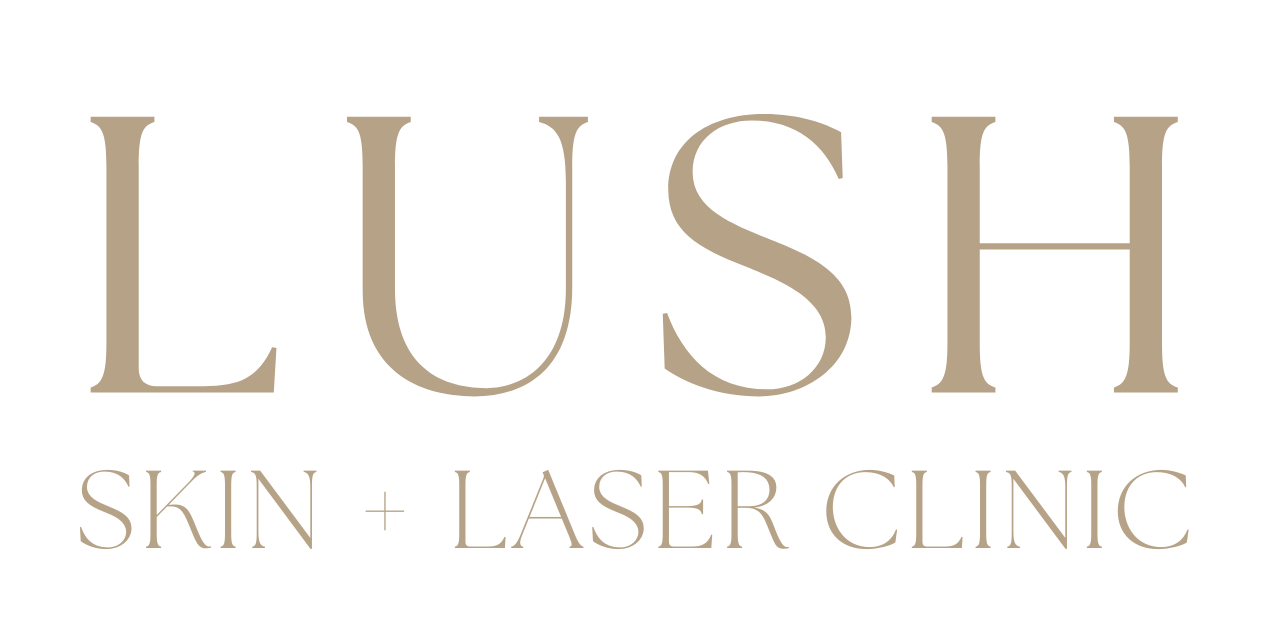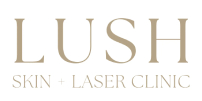Do you feel less confident about facing the public because of your stubborn acne scars? If so, you’re not alone. According to a study, up to 85 per cent of Australians will develop acne during their lives, with approximately 5 per cent experiencing severe acne. Acne can be frustrating to deal with, not just because of its presence during an outbreak but also because of the potential scars it can leave behind. But the good news is that these strong head scars can be treated and prevented.
This blog will help you understand acne scars, how to prevent them, and the various treatment options available for smoother, scar-free skin.
What are Acne Scars?
Acne scars are the result of rash caused by acne lesions. When the skin tissue is damaged during the healing process, scars form. Understanding the types of acne scars can help you select the treatment options for better results.

Types of Acne Scars
1. Ice Pick Acne Scars
These scars are small, deep pits that resemble puncture marks on the skin’s surface.
2. Rolling Acne Scars
Rolling scars have a wave-like appearance and are caused by damage under the skin’s surface, creating a rolling or undulating texture.
3. Boxcar Acne Scars
Boxcar scars are broader depressions with defined edges, resembling the scars left by chickenpox.
4. Hypertrophic Acne Scars
Hypertrophic scars are raised, firm bumps that develop when the body produces too much collagen during the healing process.
5. Keloid Acne Scars
Keloid scars are raised, thickened scars that extend beyond the boundaries of the original acne lesion.
How to Prevent Acne Scars?
Prevention is key to minimising the risk of developing acne scars. Here are some proactive measures to incorporate into your skincare routine:
1. Quit Smoking
Smoking impairs blood flow to the skin, slowing down the healing process and increasing the risk of scarring.
2. Keep Your Hands Off Your Face
Touching your face can transfer bacteria and irritants, exacerbating acne and potentially leading to scarring. Fight the desire to touch or squeeze pimples.
3. Radiofrequency Skin Tightening
Radiofrequency treatments can help improve skin texture and reduce the appearance of acne scars by stimulating collagen production and tightening the skin.
How to Treat Acne Scars?
While prevention is ideal, effective treatments will help to address existing acne scars and improve skin texture:
1. Chemical Peel
Chemical peels use a solution to exfoliate the outer layer of skin. They are one of the best skin treatments for acne scars, revealing smoother, healthier skin underneath. They can help reduce the appearance of acne scars and improve overall skin texture.
2. Laser Treatment:
Laser genesis targets specific areas of the skin to stimulate collagen production and resurface the skin, minimising the appearance of acne scars and improving skin texture.
Additionally, laser therapy can address hyperpigmentation associated with acne scars, leaving behind a more radiant and uniform complexion.
3. Skin Needling:
Another best treatment for acne scarring is skin needling, which involves using a device with fine needles to create micro-injuries in the skin, stimulating collagen production, and promoting skin regeneration to reduce the appearance of acne scars.
4. Dermal Fillers:
Injectable dermal fillers can help fill in depressed acne scars, restoring volume and smoothing out the skin’s surface for a more even complexion.
Additionally, dermal fillers can enhance facial contours, providing a subtle lift and rejuvenating appearance, making them a versatile option for addressing various aesthetic concerns beyond just acne scars.
5. Cutera Pico Genesis FX:
Cutera Pico Genesis FX treatment is used to reduce inflammation and flatten raised acne scars, such as hypertrophic and keloid scars, for a smoother appearance. It directs a beam of laser rays to cause minor injuries to the skin layers and promote collagen production.
6. Spectra Carbon Laser Peel:
Spectra Carbon Laser Peel uses special carbon lotion to dry the skin after thoroughly cleansing it. The carbon lotion is then heated to let it penetrate deep into the skin, which removes the topmost dead layer of skin, simultaneously cleaning and shrinking the pores. This treatment delivers energy deep into the skin to stimulate collagen production and improve skin texture, reducing the appearance of acne scars.
Acne Scar Treatment in Shepparton
Preventing and treating acne scars requires a multifaceted approach that includes both proactive skincare habits and targeted best treatments for acne scarring. By understanding the different types of acne scars and implementing effective prevention and treatment strategies, you can achieve clearer, more confident skin.
If you’re in Shepparton, consulting with our skincare professionals at LUSH Skin & Laser Clinic can help you determine the best course of action for your skin’s unique needs. Our expert cosmetic physicians have years of experience in the beauty industry and provide customised treatment, helping you overcome your skin concerns and achieve healthy, restored, younger-looking skin.




